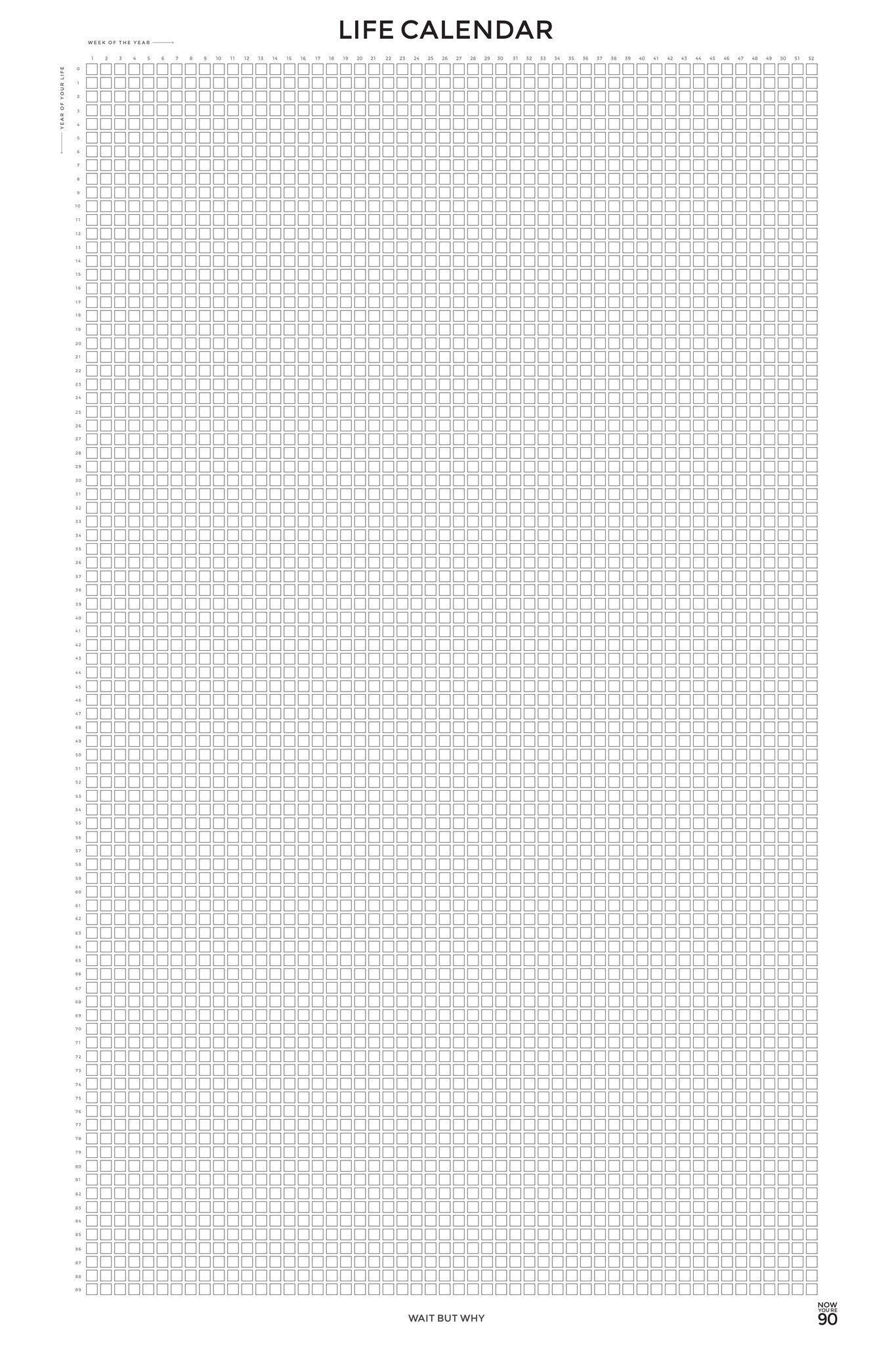Book Review: Four Thousand Weeks

Four Thousand Weeks: Time Management for Mortals by Oliver Burkeman
I have to admit, this is the time management book I probably would have written myself.
Is there’s anything better for your time and project management than having someone else write your book for you? Thank you, Mr. Burkeman.
Four thousand weeks is about the lifespan of an average human. So, right from the title, you know this is going to be a high-level, introspective assault on how you think about time.
That’s why it works if you’re ready for it.
I don’t think most are ready for it. Looking at these ideas from higher levels means confronting a lot about how broken your brain is. It means realizing how small you are.
It caught me at the right time in my life, which is the most I can ask of a book.
This quote I pulled is a nice summary of what you can expect:
“The average human lifespan is absurdly, terrifyingly, insultingly short. But that isn’t a reason for unremitting despair, or for a living in an anxiety-fueled panic about making the most of your limited time. It’s a cause for relief. You get to give up on something that was always impossible — the quest to become the optimized, infinitely capable, emotionally invincible, fully independent person you’re officially supposed to be. Then, you get to roll up your sleeves and start work on what’s gloriously possible instead.”
The title instantly brought to mind the Life Poster that was all the rage several years ago (and has been copied to death since):

But I never understood why someone would want that reminder on their wall every day of their lives, much less fill in each square as the weeks pass.
Oliver has the reason:
“Why treat 4,000 weeks as a very small number (because it’s so tiny compared with infinity), rather than treating it as a huge number (because it’s so many more weeks than if you’d never been born)? It’s incomprehensibly miraculous to have been granted any time at all.”
There it is. Gratitude cures productivity.
Part of the book focuses on that kind of time management, and part of it focuses on accepting your imperfections within the time you have.
You’re imperfect and not OK. And that’s OK.
I’m glad there’s a manual for these ideas now. I’m glad I didn’t have to write it.